Strong franc swallows smaller alpine hotels

Some 10% of Swiss hotels, mainly in alpine regions, have been beaten into submission by the appreciating franc in the last five years. The loss of hotels has not been matched by jobs, thanks in good part to cities taking up the slack in demand from mountainous regions.
“In Switzerland we have lost around 90 hotels a year over the last five years,” Andreas Züllig, head of the Swiss Hotel Association, told swissinfo.ch. “We expect this to continue at a faster pace since January 15 [when the Swiss National Bank abandoned its franc-euro exchange rate ceiling].”
“Guests are coming for shorter visits, staying in cities and coming to the mountains on day trips,” Zöllig added. “Most of the hotels we have lost are small, family-run enterprises in alpine regions. By means of compensation, hotels in cities are getting fuller each year.”
That means that total numbers of hotels in Switzerland have dropped from around 5,500 in 2010 to 5,000 now. The beneficiaries are larger urban hotels that offer four or five star facilities, Züllig said.
The trend of more tourists staying in cities while cold-shouldering mountain hotels is a paradox. Many visitors are drawn to the land of Heidi by the rugged and pristine alpine scenery, snow and fresh air. So why are they basing themselves more and more in cities – and can anything be done about this?
Figures don’t lie
The raw statistics appear to back up the anecdotes. Switzerland saw a small 0.9% increase in overnight stays last year, with the Basel area (+5.2%), the Lucerne region (+3.5%), Zurich (+2.4%) and Geneva (+2%) showing the most impressive gains.
Graubünden, which hosts Switzerland’s only national park, saw 2.1% fewer overnight stays while figures in canton Valais (home to the iconic Matterhorn) stayed flat. Of the classic mountainous regions, only the Bernese Oberland (which boasts the Eiger and Jungfrau) saw an increase of 0.9%.
Damian Constantin, chief executive of Valais Promotion warned against reading too much into these figures. Some 60% of visitors to the region stay in rented apartments, for which statistics are less easy to find, he said. But he also acknowledged that many small hotels are facing a threat.
“These enterprises need a critical cash flow to make ends meet,” he told swissinfo.ch. “In the future, I believe the two business models that will function are low cost and niche or larger and more prestigious.”
Employment in the tourist sector has remained more or less constant in the last five years, at 175,000 jobs directly in the industry, Switzerland Tourism said at its annual media conference in Zurich on Monday. “This can partly be explained by urban areas doing particularly well,” Jürg Schmid, head of the Swiss tourist board told swissinfo.ch. “And this is not just business travellers, they have lots of leisure guests too.”
Home grown solution
The sight of the franc soaring against the euro and other currencies is enough to bring tears to the eyes of the tourism sector. Visiting Switzerland became a whole lot more expensive for many foreign guests after January 15, whilst Swiss locals are eyeing up bargain holidays abroad that their increased spending power can now buy.
Locals make up 44% of the total overnight stays, rising 0.9% last year to 16 million – the best figures since 1991.
Switzerland Tourism is banking on local ‘tourists’, plus those from the expanding markets of Asia and the United States, to help dampen the negative effects of the strong franc. To this end, it has asked for a budget extension to the tune of CHF270 million ($287 million) to cover the years 2016 to 2019. The problem is that the government has recommended an extra CHF220.5 million, leaving parliament to work out which sums add up the best.
Schmid is adamant that the extra CHF50 million is vital to shore up the domestic market. “We need this money to effectively reach out to local guests,” he told swissinfo.ch. “For this segment, holidaying in Switzerland has become cheaper since hotels and resorts are cutting costs. For example, some hotels now include ski passes as part of the package.”
These holidaymakers could also be important for the tourist trade in hard-pressed alpine regions since most Swiss live in cities and could reasonably be assumed to want a mountain holiday if they stayed in their own country.
“Adventurous” Asians?
Switzerland Tourism also sees mileage for mountain hotels in the increasing influx of Asian visitors. Guests from China shot up last year to record a 15.6% increase in overnight stays; those from South Korea leapt 40%, while Indian tourists also saw a healthy 3.7% increase in hotel traffic.
In total, overnight stays from Asia reached a new record of four million, a jump of 9.9% from 2013.
The problem for alpine resorts is that Asian tourists are notorious for staying in cities and only reaching into the mountains by cramming into coaches for day trips.
But Schmid is convinced that he has seen a new, and positively encouraging, trend emerging. “We can clearly see smaller groups arriving from China and even some independent travellers making the journey to Switzerland,” he told swissinfo.ch. “The more people travel, the more adventurous they become.”
“For many of these guests, it is a once in a lifetime opportunity to touch the alpine snow. We see more Chinese visitors who do not wish to travel in 50-group coaches, but want to stay close to the mountains during their excursion.”
That is hardly the experience in Valais, according to Damian Constantin. “The growth market is Asia, which has considerable potential given the size of that population,” he told swissinfo.ch. “Asian guests typically look for a small city to make their hub and then do day trips.”
In the short-term at least, domestic guests (which make up 52% of all holidaymakers in the canton) will provide the best succor for small alpine hotels.
Evolutionary forces
Andreas Züllig does not paint an optimistic picture for the small alpine hotel. “We are witnessing an enormous structural evolution in the market away from small rural hotels towards larger urban hotels,” he told swissinfo.ch. “
Such evolutions are normal in every economic sector. It is affecting smallholding farmers in the same way,” he added. “One hundred years ago Switzerland was famous for its textile industry and now we have only a few specialists.”
“We can do what we can to try to stop this evolution, but there is only so much we can achieve.”

In compliance with the JTI standards
More: SWI swissinfo.ch certified by the Journalism Trust Initiative








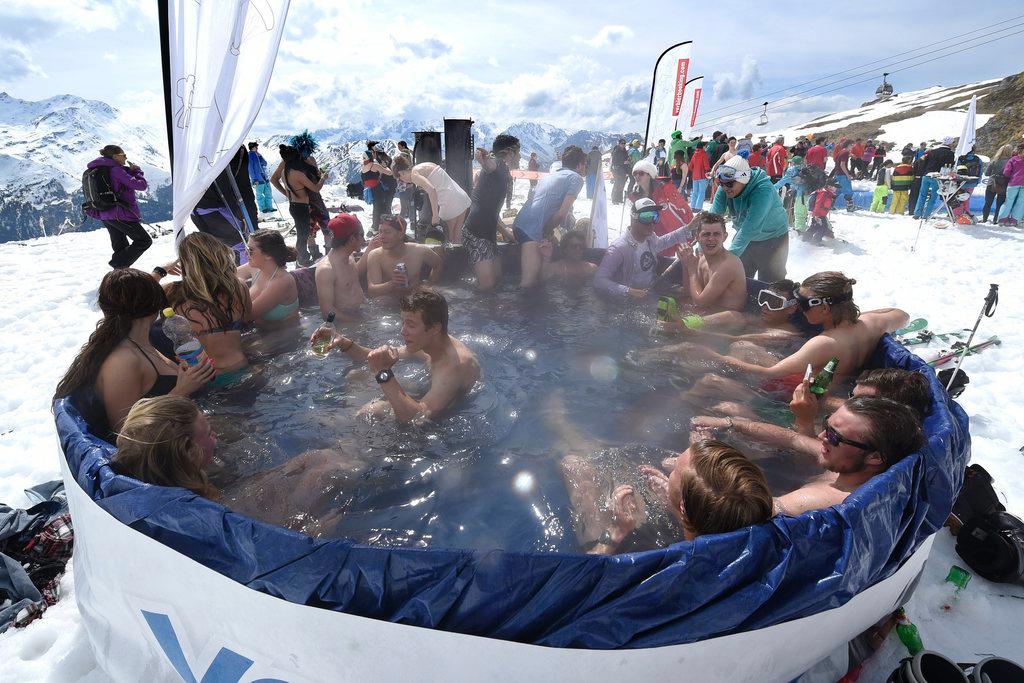
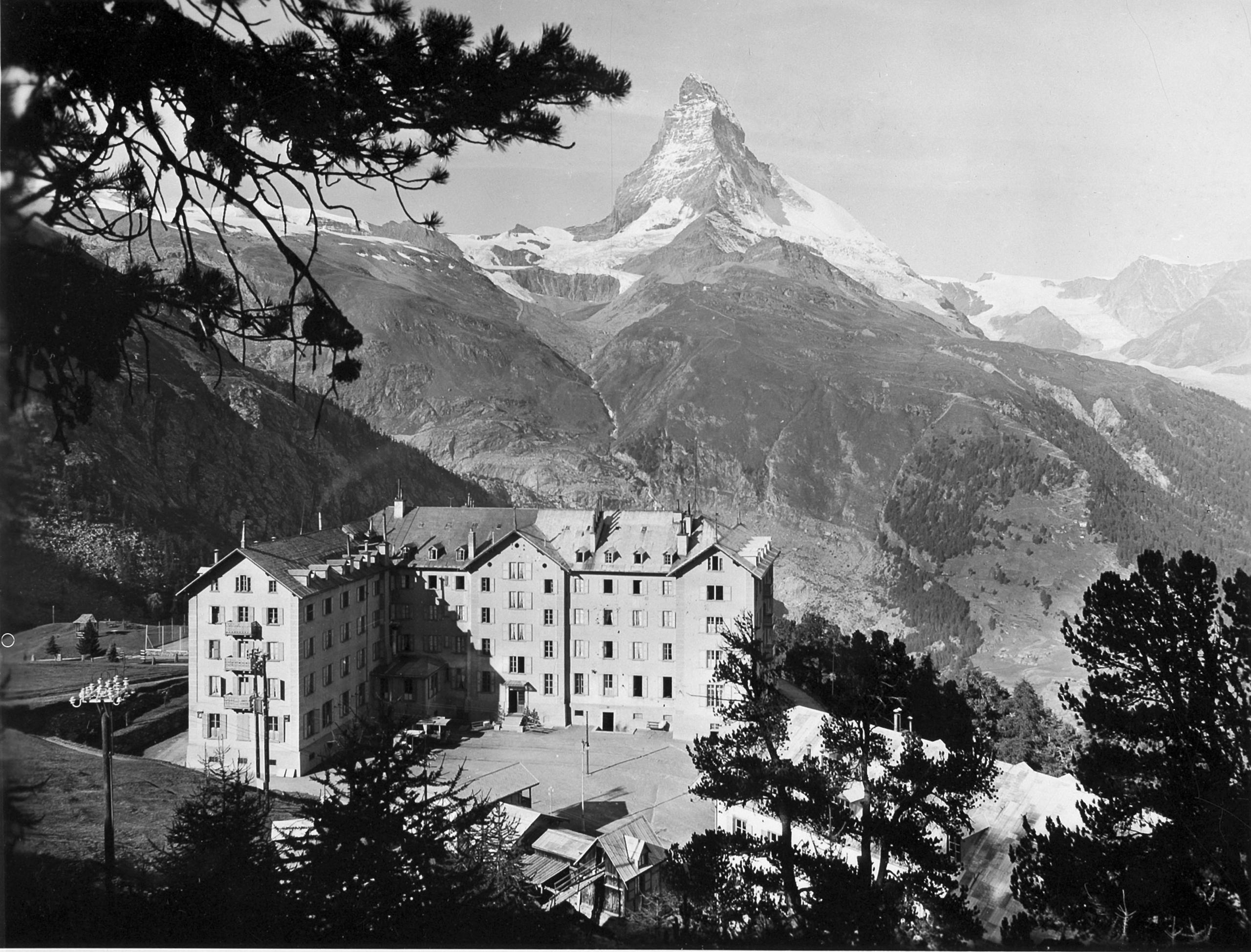
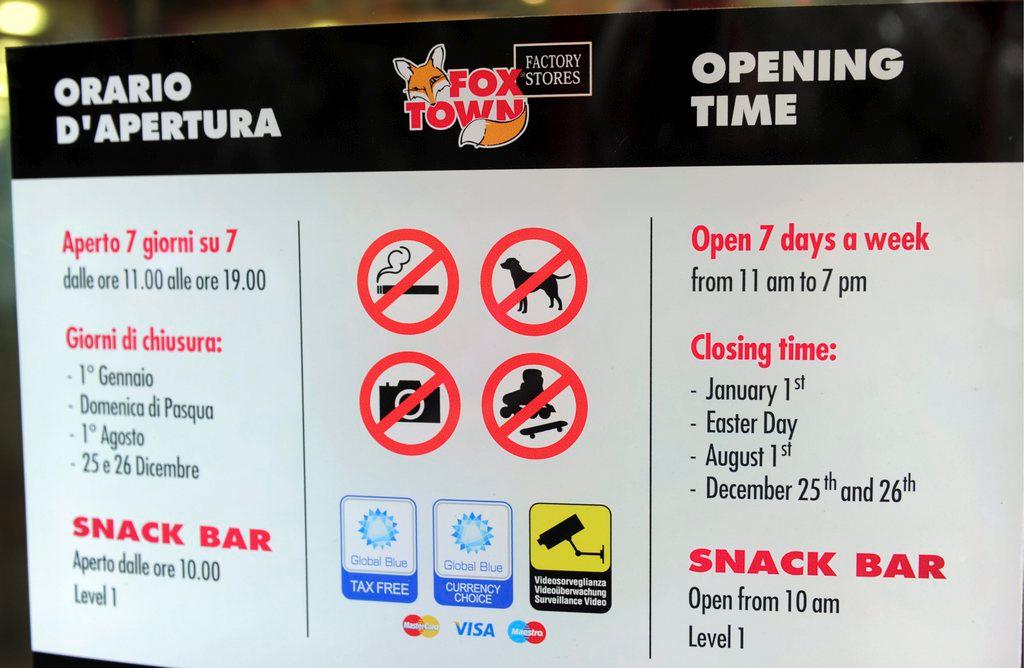
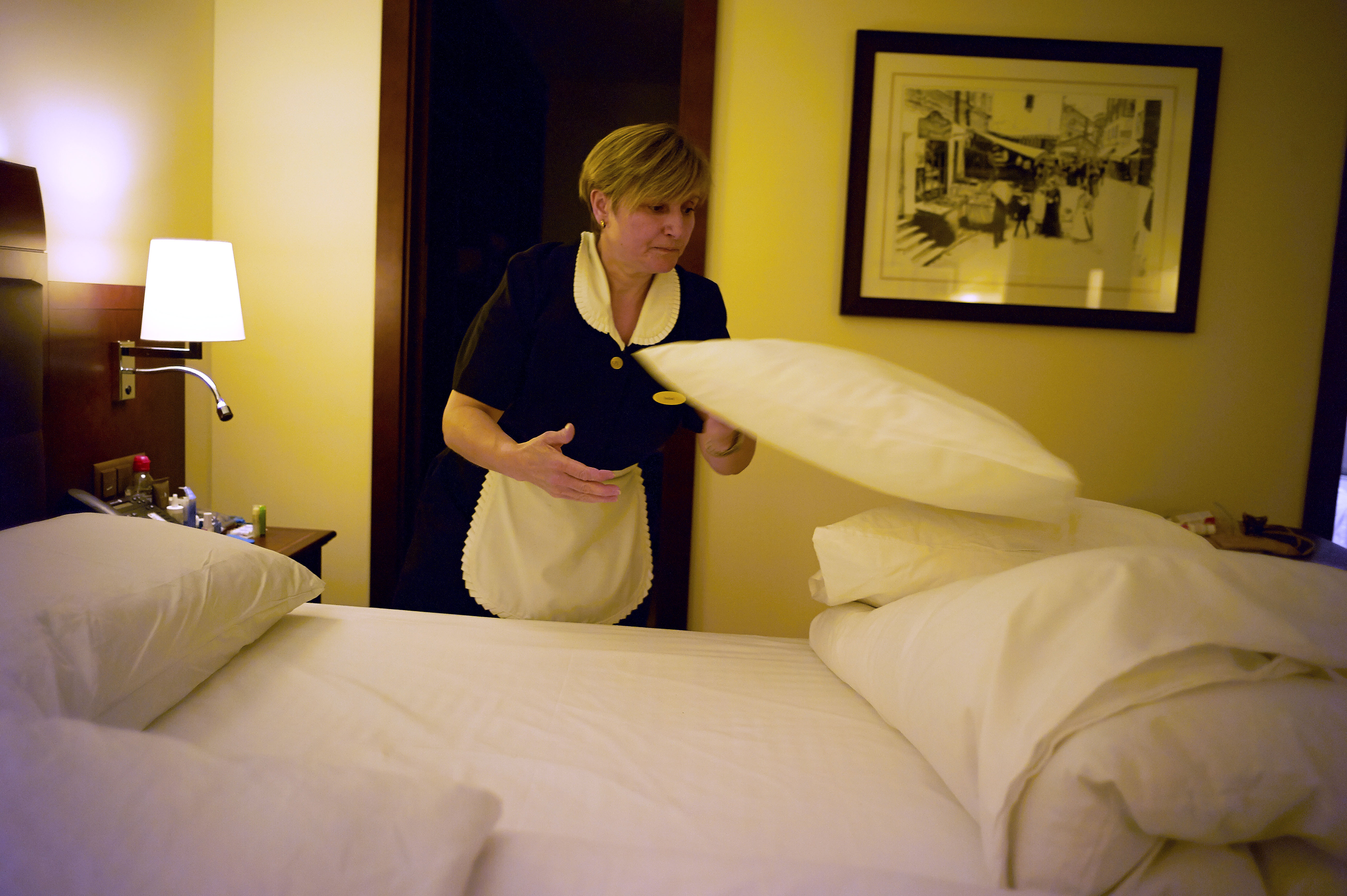
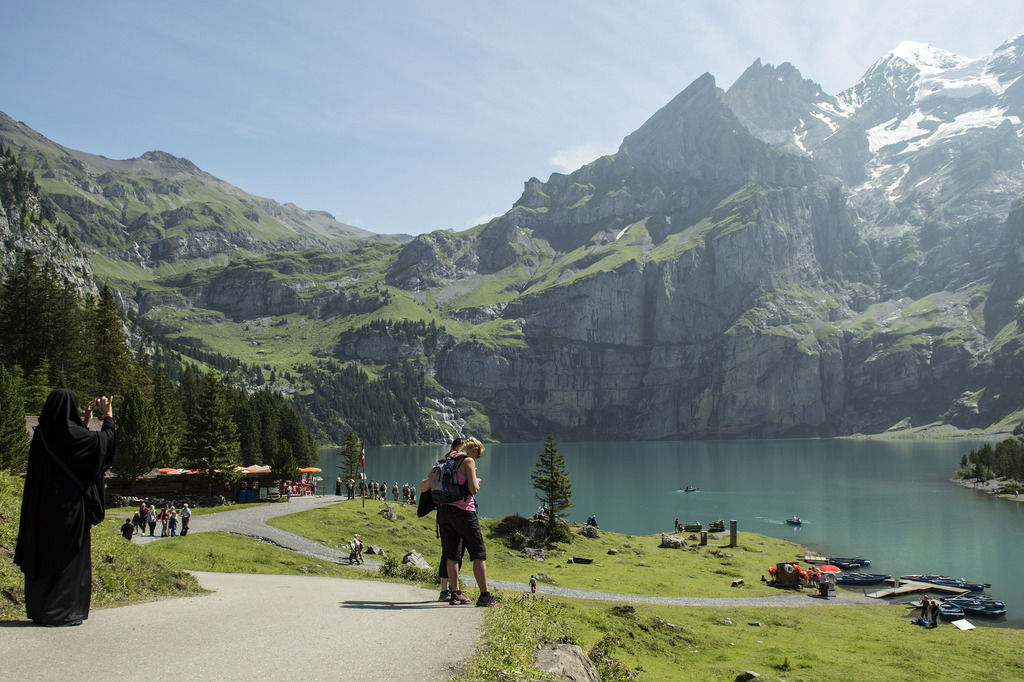
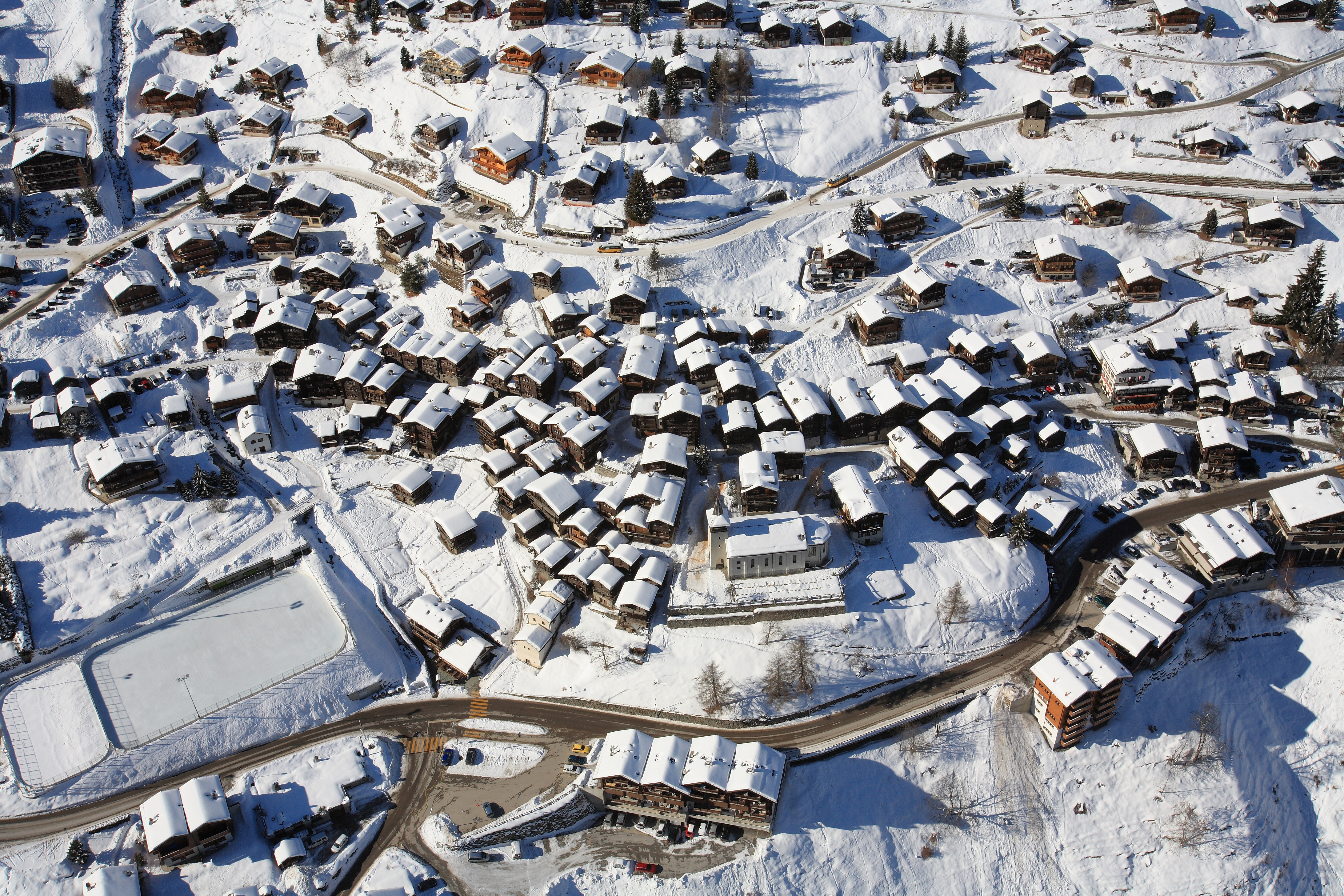
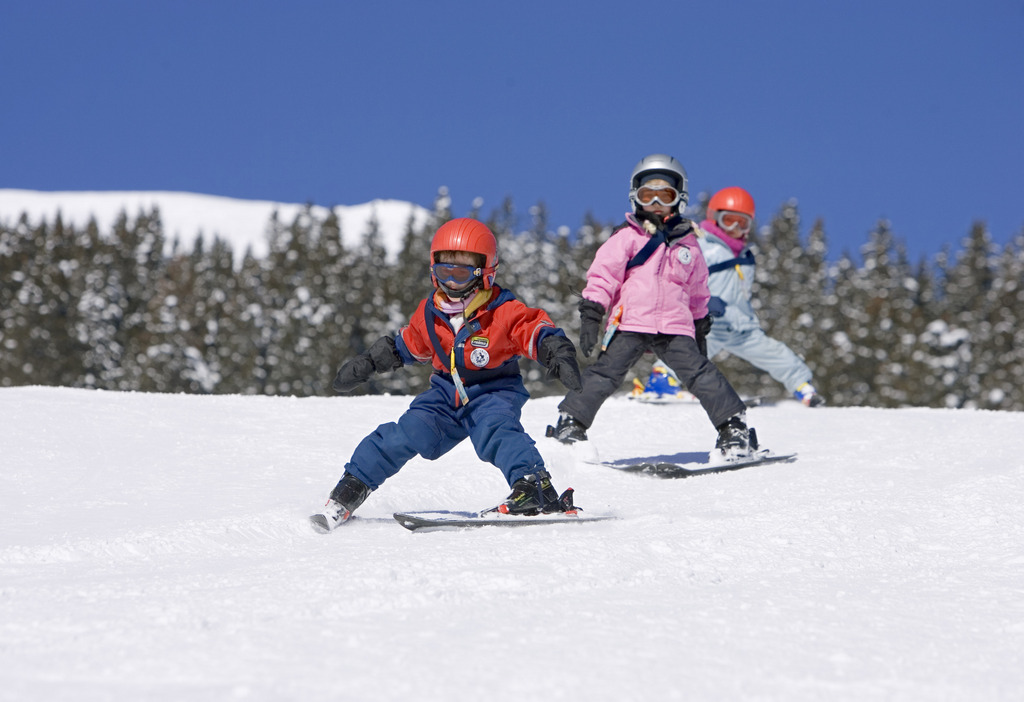
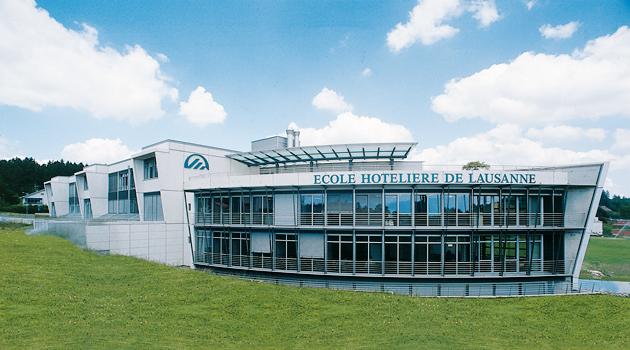
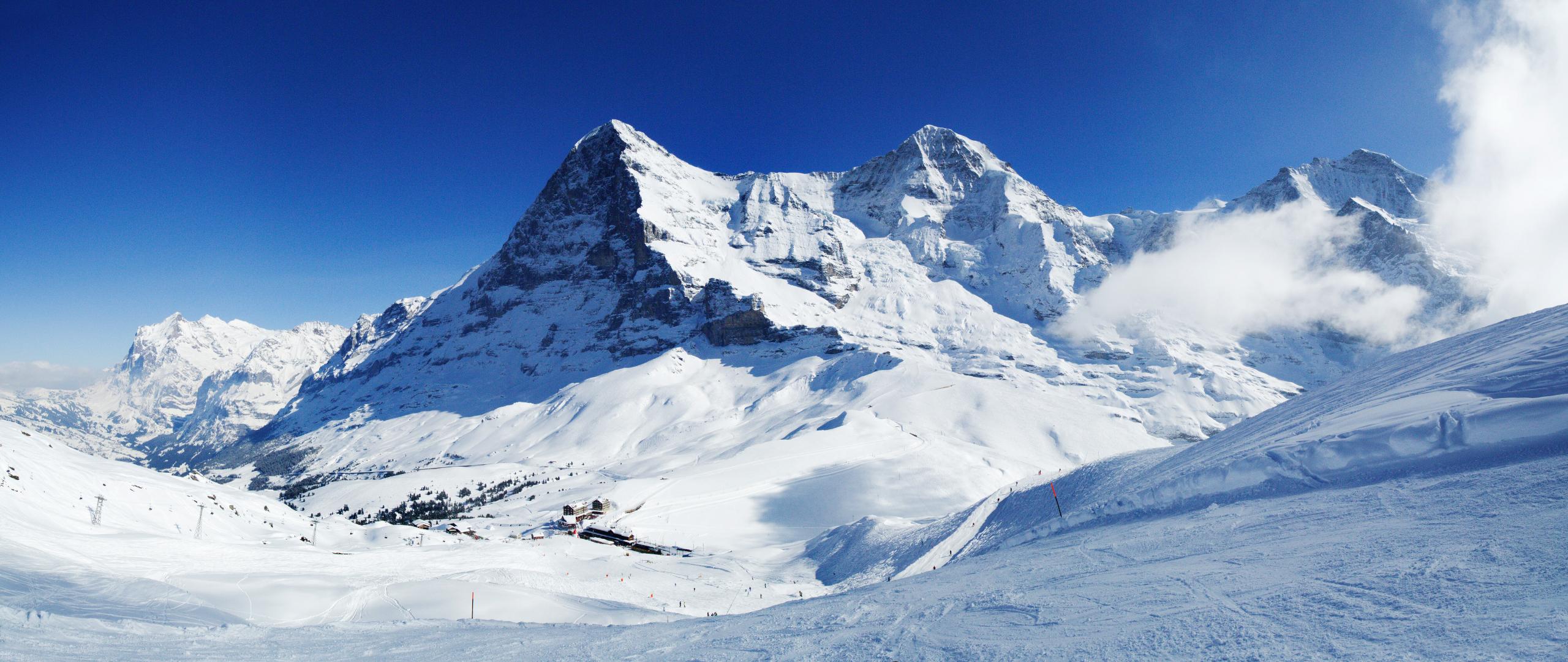
You can find an overview of ongoing debates with our journalists here . Please join us!
If you want to start a conversation about a topic raised in this article or want to report factual errors, email us at english@swissinfo.ch.